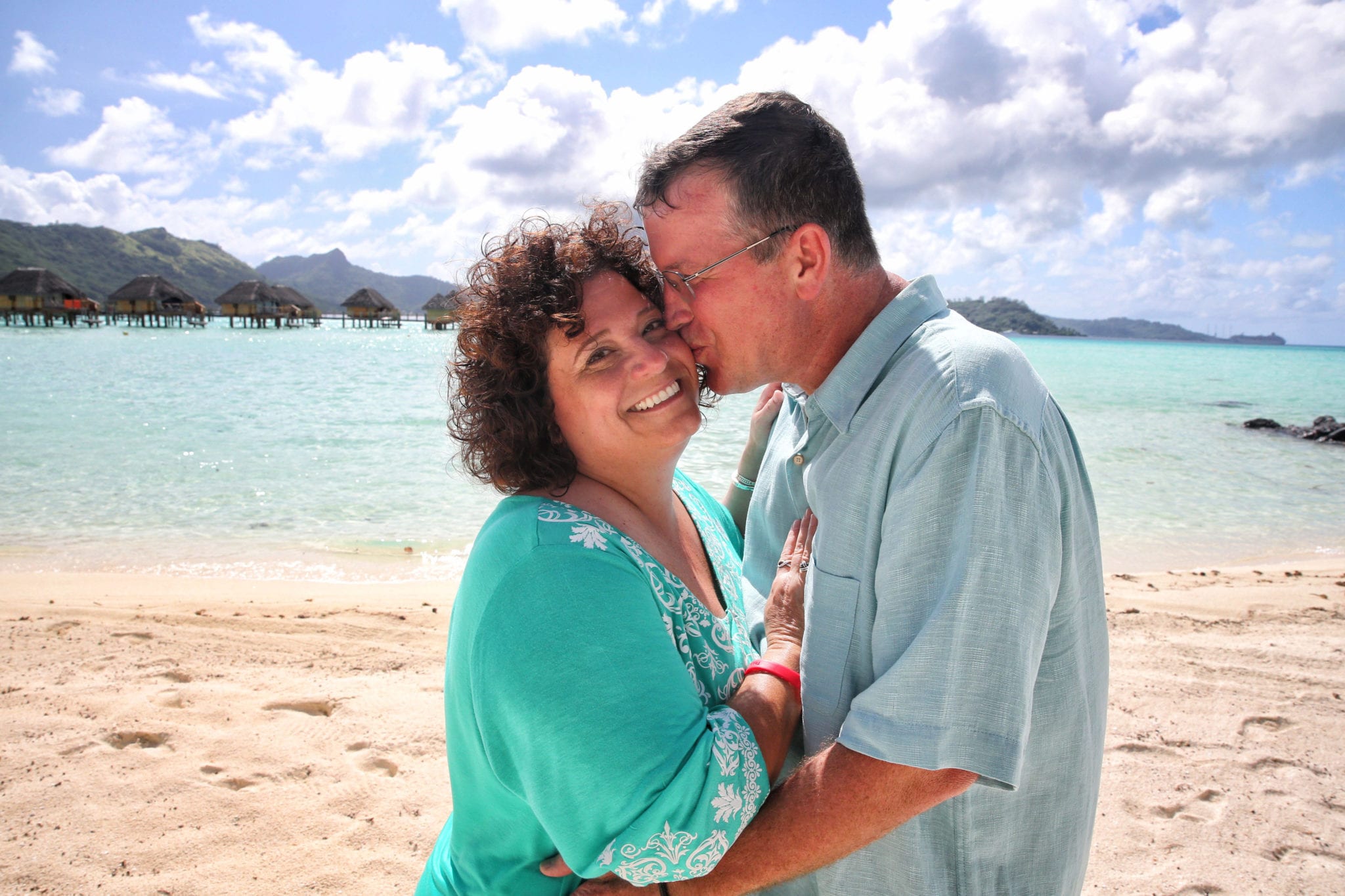Being a military caregiver means I can be my husband’s voice when he can no longer speak and his legs when he can no longer walk.
What is one piece of advice you would offer to other military and veteran caregivers?
Connect. Connect with other military and veteran caregivers as soon as you are emotionally ready. By connecting with other veterans and their caregivers, the path to understanding the VA and the services and benefits provided can be filled with shortcuts. From the beginning of my husband’s ALS diagnosis, I have said that we should spend our time making as many memories as possible and not spending precious time fighting for VA benefits and services.
What does being a military caregiver mean to you?
When my husband joined the Air Force, he took an oath that in part included to support and defend and to bear true faith to his country. When we married, he took a vow to me to love and honor, for better, for worse, in sickness and in health, to love and to cherish, till death do us part. Being a military caregiver allows me to not only fully fulfil my vows as his wife to love him for better, for worse, in sickness and till death do us part. I now also support and defend him like he did for his country, but now I support and defend him in the battle of his life, one where he knows he will not win, but one he continues to fight for his family and for other veterans. Being a military caregiver means I can be my husband’s voice when he can no longer speak and his legs when he can no longer walk. Being a military caregiver to my husband with ALS means doing everything I can to ensure he has a quality of life worth living and letting him know that my love for him is greater than my fear of this disease.
How has your life changed since you became a caregiver? What sacrifices have you had to make?
My whole world has changed since becoming a caregiver. The future my husband and I had planned will not come to fruition. The future I had for my professional life has come to an abrupt stop. Caregiving is more than caring for your veteran, it also includes advocating. The sacrifices are not just the loss of my future with him or professional career but also to some extent, the loss of yourself. Putting your heart and soul into your loved one takes priority over your own needs. I still consider myself new to my caregiver role and understand it may take time to understand how to carve out time for me.

My Story
Lara is the wife and caregiver to her husband of 29 years, Tom. Tom served in the Air Force from 1989-1996 as a Security Policeman and served the State of Texas as an employee for the Texas Department of Criminal Justice. In 2016, Tom was diagnosed with amyotrophic lateral sclerosis (ALS), a terminal, degenerative disease that is service-connected. As the disease has progressed, Tom has become weaker. This weakness has impacted his ability to walk, use his hands and arms, his ability to speak and breathe. Lara cares for all of Tom’s activities of daily living such as eating, bathing, and getting dressed. Lara also assists Tom with his non-invasive ventilation, cough assist, and suction machine, all of which are necessary to ensure Tom’s respiratory issues are under control.
Prior to becoming her husband’s caregiver, Lara’s time was spent caring for their son and working in her career for over 20 years as both an environmental permitting regulator for the State of Texas, as well as an environmental consultant. After Tom’s diagnosis, Lara found herself trying to balance her previous life with that of caregiving to a terminally ill spouse. She learned quickly she needed to connect with other military caregivers for help in navigating the Veterans Administration (VA) both with health care and benefits.
As a Dole Caregiver Fellow, Lara looks forward to working more closely with policymakers and leaders within the VA to increase awareness and training to health care providers on how to bring more consistent and effective care for ALS patients to every VISN and VAMC. She hopes to continue raising awareness of the issues faced by caregivers of veterans with ALS and expanding the Foundation’s impact on support for service-connected illnesses.










